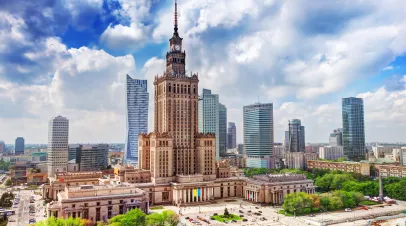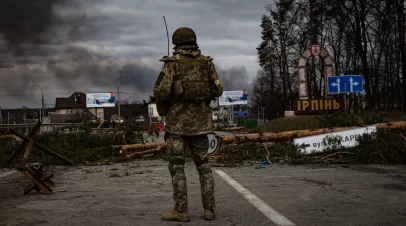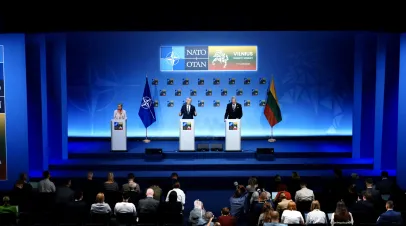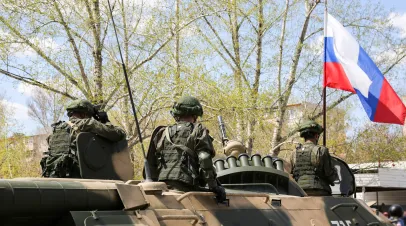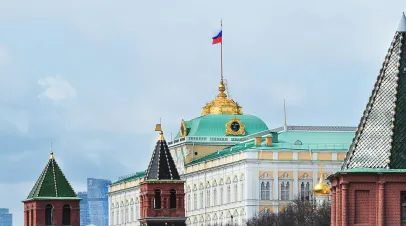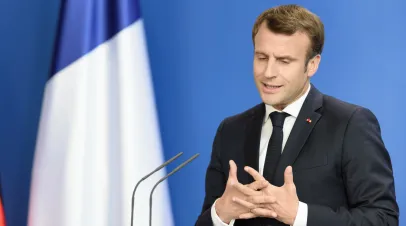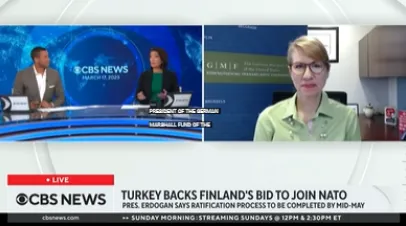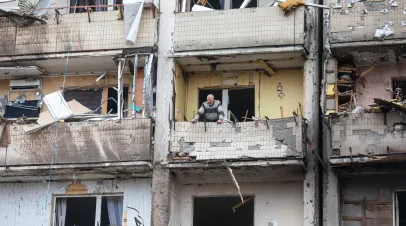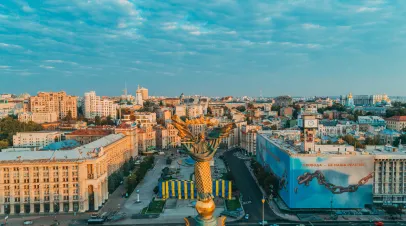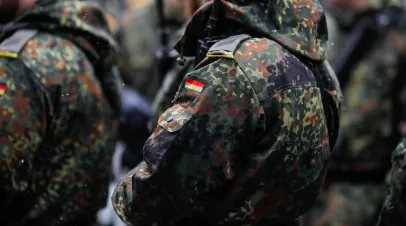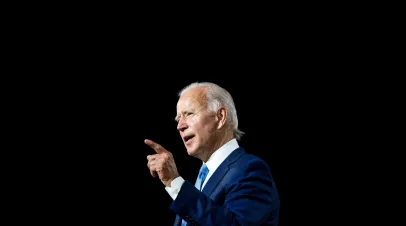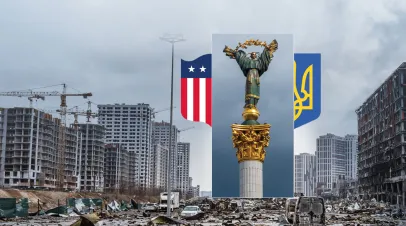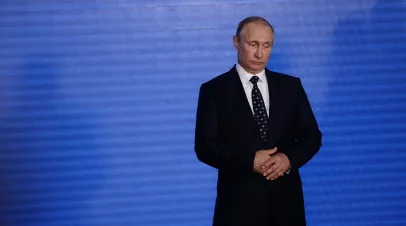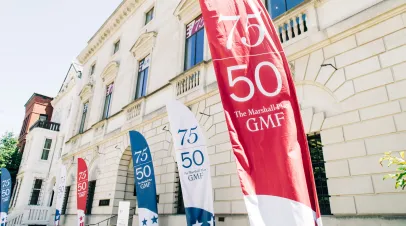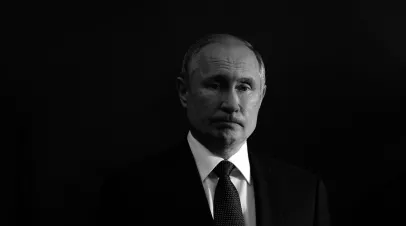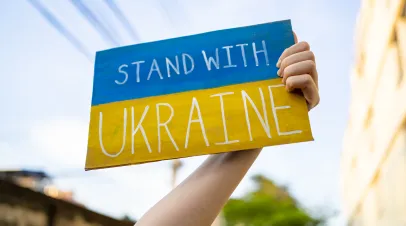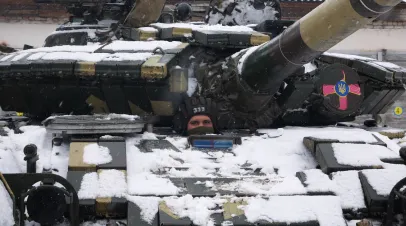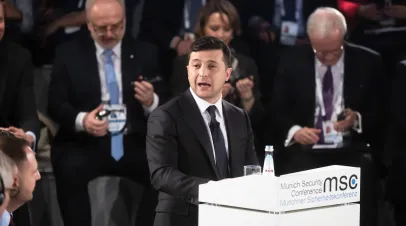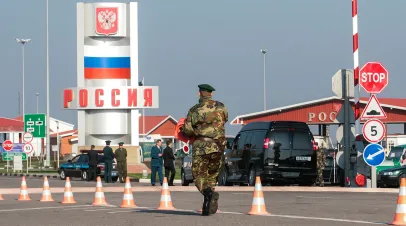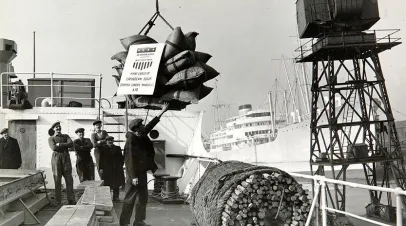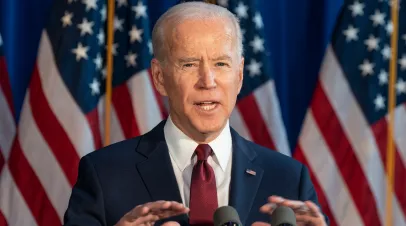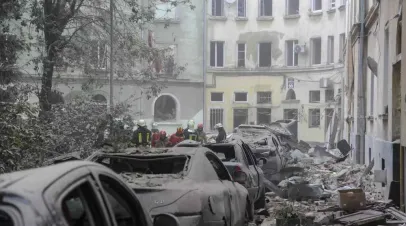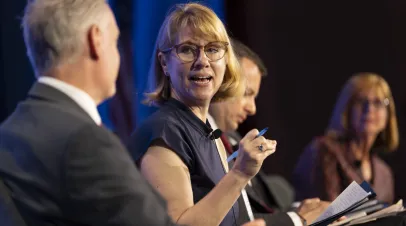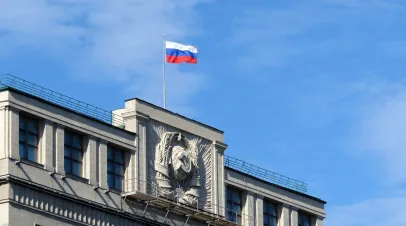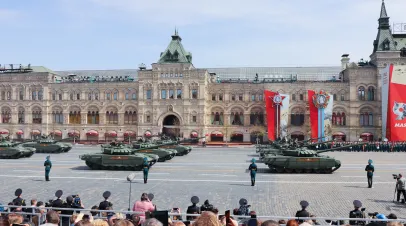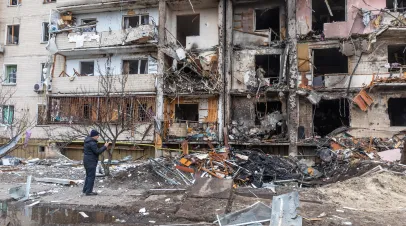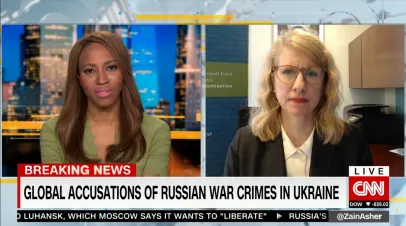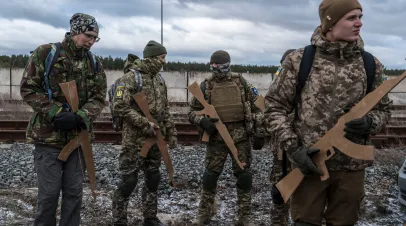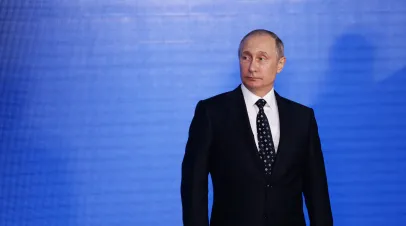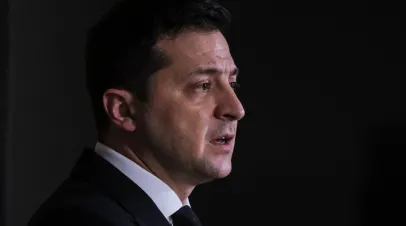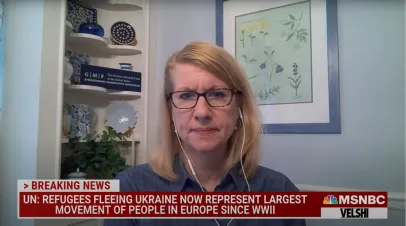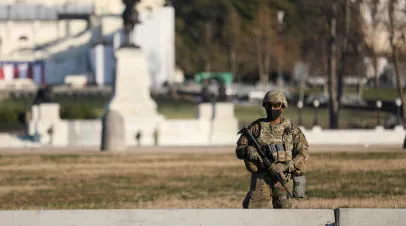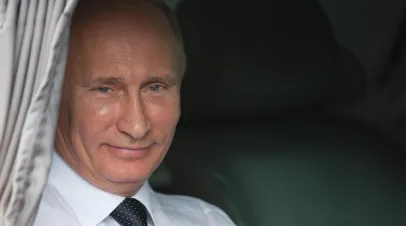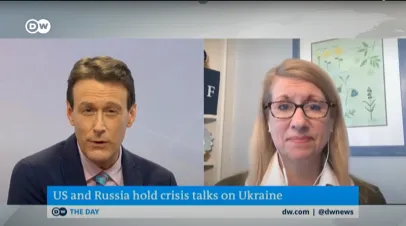Heather A. Conley
President, German Marshall Fund of the United StatesHeather A. Conley is the sixth president of the German Marshall Fund.
Conley joined GMF after 12 years at the Center for Strategic and International Studies (CSIS), where she most recently served as senior vice president for Europe, Eurasia, and the Arctic, and as director of the Europe, Russia, and Eurasia Program. At CSIS, she developed the acclaimed Kremlin Playbook series, a dedicated research effort that examined the doctrine and methodology of Russian malign economic behavior and its methodology across Europe. She also is a recognized expert on the Arctic region, focusing on the Russian Arctic, climate transformation, and US policy toward the region.
Conley previously served four years as executive director of the Office of the Chairman of the Board at the American National Red Cross, where she supported the first comprehensive reform of the governance structure of the organization's board since 1947. She worked closely with the International Committee of the Red Cross (ICRC) on its policies and programs in the Middle East and elsewhere.
From 2001 to 2005, Conley was deputy assistant secretary of state in the Bureau of European and Eurasian Affairs with responsibilities for US bilateral relations with Northern and Central European countries. She co-led the US interagency effort to enlarge NATO and secure Senate ratification of an amended North Atlantic Treaty, and she established the Enhanced Partnership in Europe (e-PINE), a forum for senior-level US dialogue with the eight Nordic and Baltic states.
Earlier in her career, she worked at an international consulting firm led by former US Deputy Secretary of State Richard L. Armitage.
Conley began her career in the Bureau of Political-Military Affairs at the US Department of State. She was selected to serve as special assistant to the coordinator of US assistance to the newly independent states of the former Soviet Union, and she has received two State Department Meritorious Honor Awards.
Conley frequently appears as a foreign policy analyst and Europe expert on CNN, MSNBC, BBC, NPR, and PBS, among other prominent media outlets. She holds a bachelor's degree in international studies from West Virginia Wesleyan College and a master's degree in international relations from the Johns Hopkins University School of Advanced International Studies (SAIS).
Media Mentions
Featured Work
